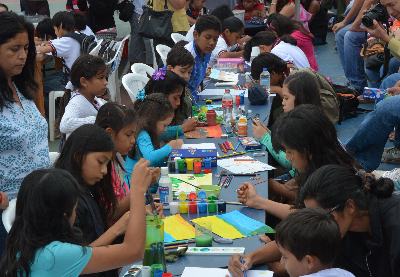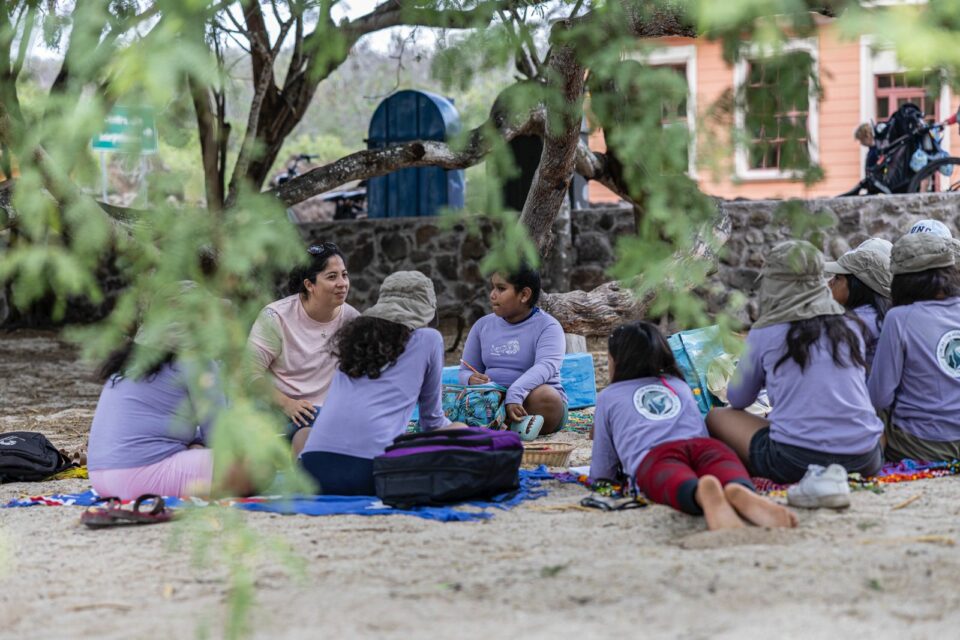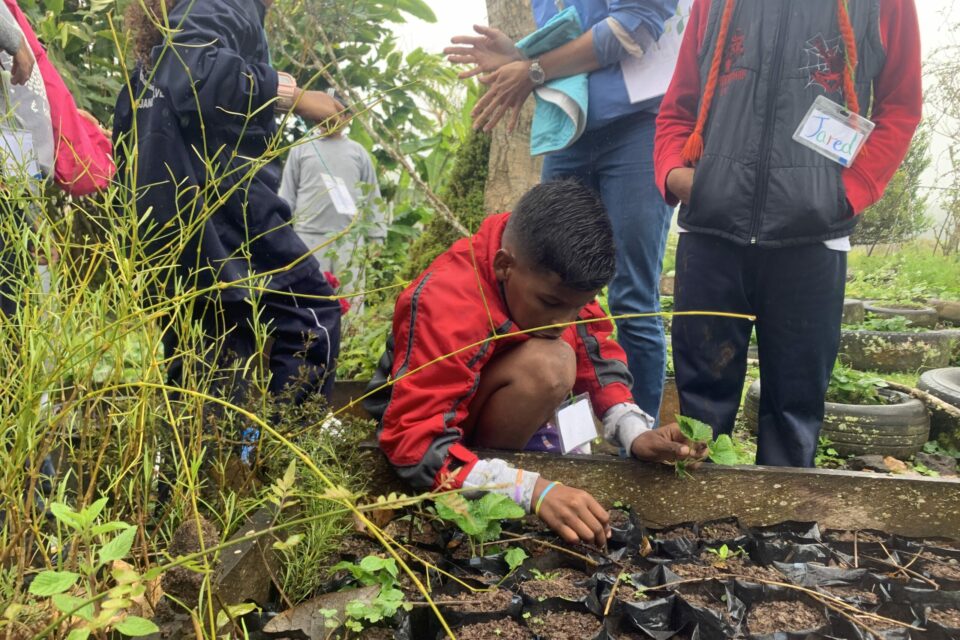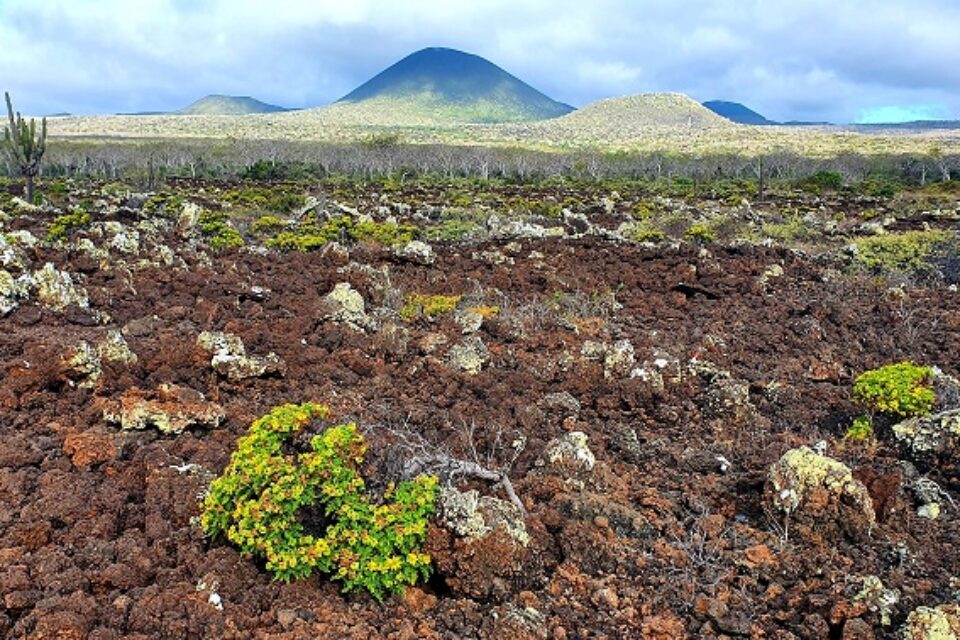

2015 Galapagos Symposium: Conservation Through Education
Lasting change must begin with engaging and educating today’s students and early-career decision makers – our future conservation ambassadors.
We lead and coordinate an award-winning international education programme, Discovering Galapagos, to inspire the next generation both in Galapagos, on mainland Ecuador and here in the UK.
Conservation Through Education
During the 2015 Galapagos Symposium held last month in San Francisco, Richard Knab from the Galapagos Conservancy discussed strengthening education in the Galapagos Islands.
Galápagos is the best preserved tropical archipelago in the world, but its unique biodiversity is at risk if current social and economic trends and practices continue. The Galapagos Conservancy, in the USA, and the Scalesia Foundation, based in Galapagos believe that the quality of the local education system is one of the most important factors that will determine the future of Galapagos. If we improve both formal and informal education, we can ensure that the young people of Galapagos gain the knowledge, skills and values necessary to shape a sustainable future.

A five-day observation and data collection process designed in conjunction with Ecuador’s Ministry of Education and implemented with the assistance of a team expert educators was carried out to assess the state of education in the islands and to identify key areas to improve.
The research explored seven areas that have been identified as critical to school effectiveness: school leadership, professional capacity of teaching staff, relationships in the school, parents and community relationships with schools, teacher incentives, helpful mechanisms, and the school’s external environment.
Based on their findings, the observation team has recommended a five-part school improvement program in Galapagos which should focus on: establishing a local demonstration school and education support team; the provision of training in instructional leadership; the provision of subject-specific professional development; technical assistance to existing extracurricular education initiatives; and program monitoring and evaluation.
Without inspiring the next generation of conservation ambassadors and teaching them about the threats that the Islands face, there will be no one to care for the environment or protect the natural heritage of Galapagos. Through the Galapagos Future Fund, and with your support, we can continue to develop and deliver our conservation education programme and increasing its reach to the people who will benefit from it most. Please make a donation to the Galapagos Future Fund and in turn make a difference to the future of the Galapagos.
Related articles


Gills Club: Empowering young women in Galapagos

One woman’s mission to connect families with gardening and endemic plant conservation


